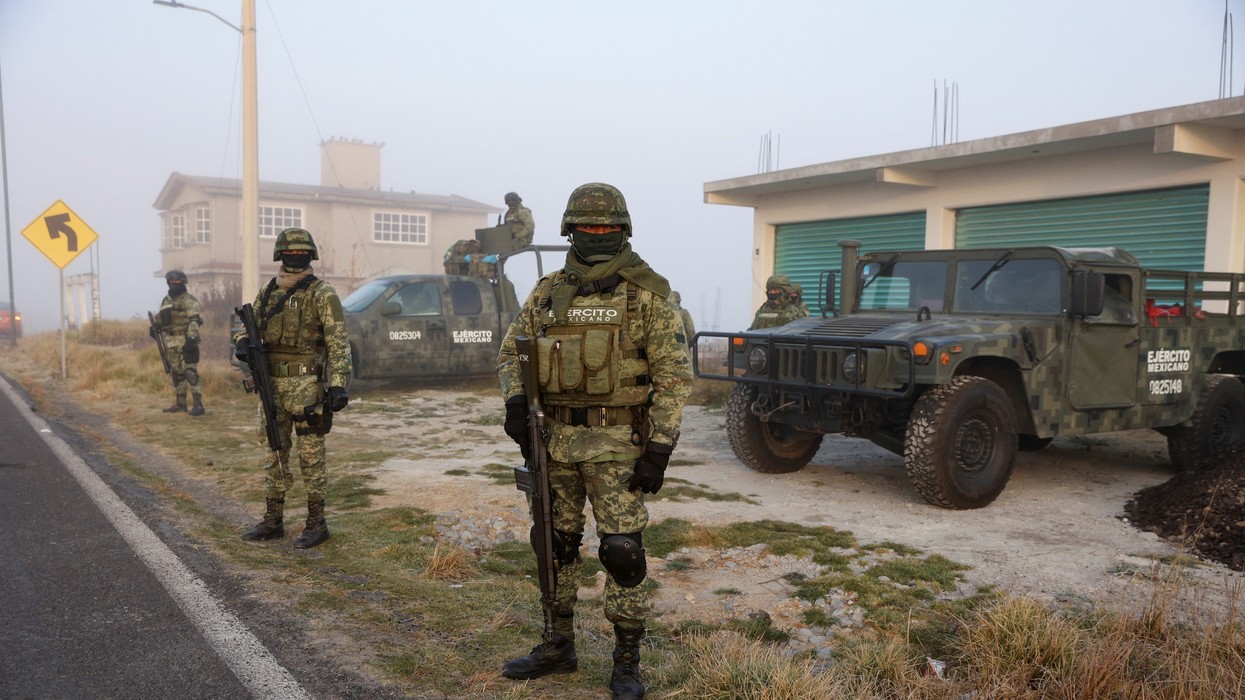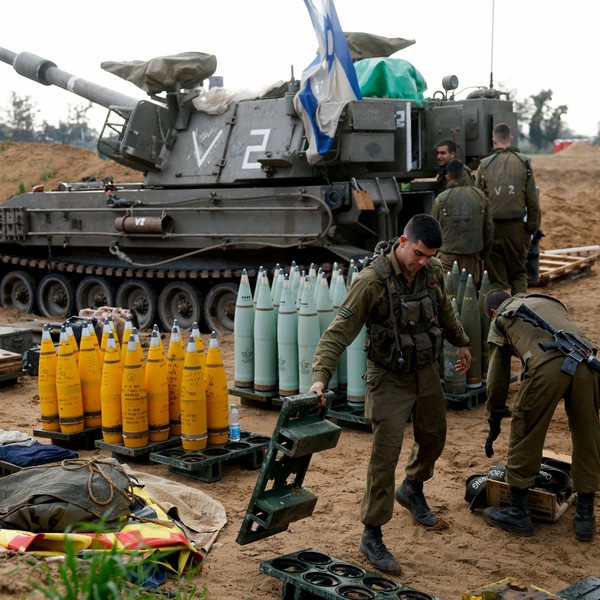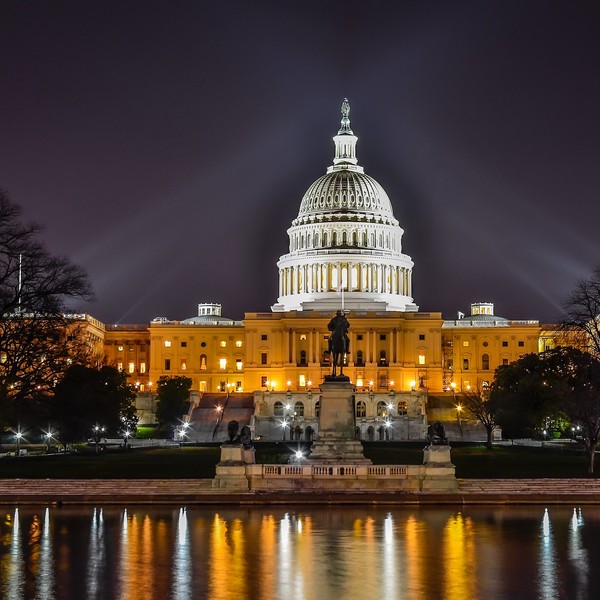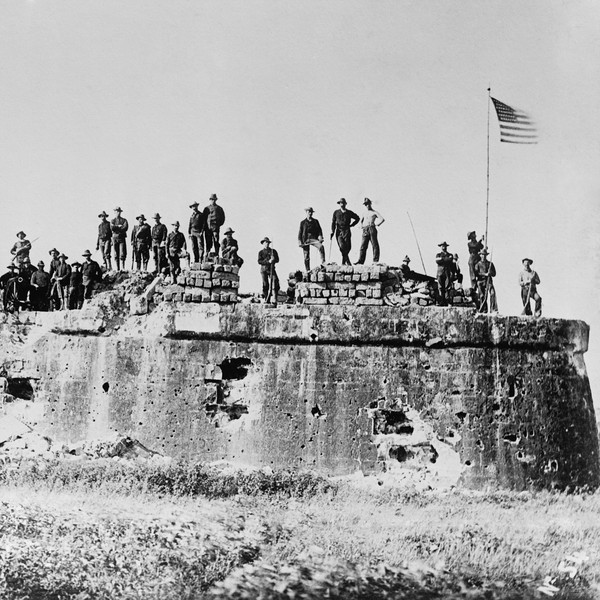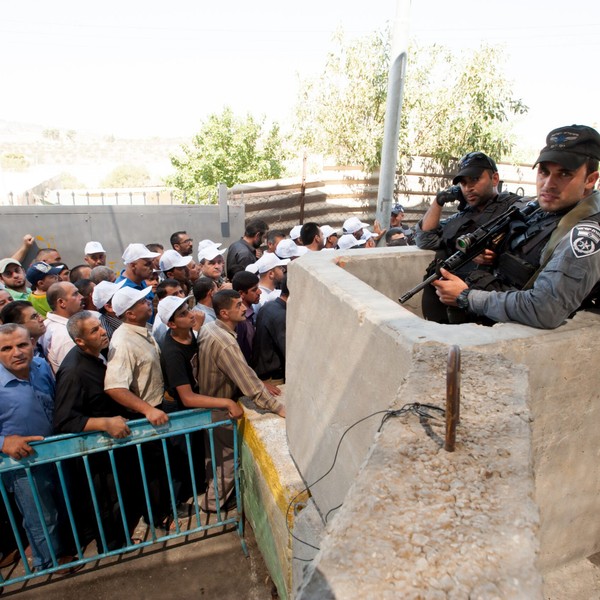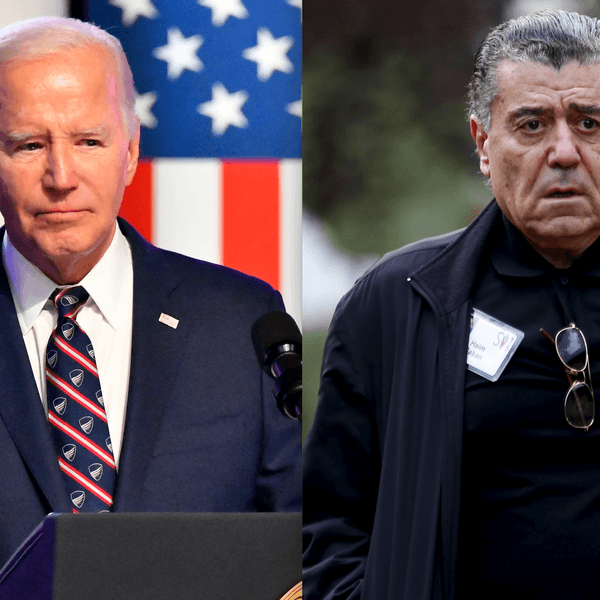Brazilian President Luiz Inacio Lula da Silva sparked a controversy this week when he said the United States “needs to stop encouraging war and start talking about peace” following a meeting with Chinese President Xi Jinping.
Lula’s comments amounted to little more than “Russian and Chinese propaganda,” according to National Security Council spokesperson John Kirby. He took particular umbrage at the suggestion that “the United States and Europe are somehow not interested in peace, or that we share responsibility for the war.”
Brasilia wasted little time in firing back at Washington. Celso Amorim — Lula’s top foreign policy advisor — said it was “absurd” to argue that his boss was “parroting” Russian propaganda and insisted that “Brazil defends the territorial integrity of Ukraine.”
“As long as there are no talks, the ideal peace for the Ukrainians and the Russians will not happen,” Amorim added. “There must be concessions.”
The back-and-forth drew headlines for obvious reasons. (Who doesn’t love a little tension between world leaders?) But the not-so-diplomatic war of words has largely obscured Lula’s primary point on Ukraine, which is that most of the world would like to see the war end sooner rather than later, even if that means Ukraine could lose some of its territory. While American officials may not agree with that assertion, there are myriad good reasons to at least take it seriously.
As Financial Times columnist Gideon Rachman recently argued, many countries believe that “the Ukraine war may be regrettable — but it is a conflict to be managed by the pursuit of ceasefires and compromises.” Leaders in the Global South, Rachman notes, often argue that Western sanctions on Russia “have created new problems for the rest of the world” by driving up prices for staple goods. Western officials, for their part, have largely responded by telling critics to suck it up.
Global inequality plays a decisive role in this split, as a dataset from the Economist helps demonstrate. The magazine divided countries into five groups, ranging from those that condemn Russia to ones that have wholeheartedly supported the Kremlin’s war effort.By the Economist’s math, about 15 percent of the world’s population lives in countries that have condemned Moscow, but those states account for fully 60 percent of global GDP.
Contrast that with the states that have so far avoided taking a strong stance in either direction. Those countries are home to nearly 80 percent of the global population, but they only make up about 35 percent of world GDP. By my (admittedly less sophisticated) math, citizens of states that support Ukraine to the hilt are, on average, about nine times richer than their counterparts in fence-sitting countries.
In other words, the states that have the least economic cushion are also the ones that are the most anxious to see an end to the war. Americans are justifiably frustrated with inflation in our own country, so why should we turn up our noses when the world’s most vulnerable nations express similar concerns?
Rachman closes with a warning: “The US may be right that the war in Ukraine is a struggle of transcendent significance. But if it cannot persuade or browbeat the rest of the world into agreement, America’s own global position may be eroded.”
I would suggest that one ought to take this argument a step further. Instead of persuasion or browbeating, we could take the interests of most of the global population into account (and perhaps even win a few hearts and minds) by publicly expressing openness to finding a way to end the war.
Harvard Professor and Quincy Institute non-resident fellow Stephen Walt made an ambitious proposal for such a move in a Tuesday column for Foreign Policy.
“Given that both Beijing and Washington have an interest in ending the war, the Biden administration should invite China to join it in a joint effort to bring the two sides to the bargaining table,” Walt wrote. “If they succeeded, the two states would share the credit and neither could claim a propaganda victory over the other.”
This pitch may seem like a bit of a stretch, but there’s a precedent for such great power cooperation. As Walt notes, the United States and Soviet Union worked together to end major wars between Israel and its Arab neighbors in both 1967 and 1973.
“An agreement jointly mediated by the United States and China would also be more likely to endure, as Moscow and Kyiv would be less likely to renege on a deal arranged and blessed by their principal patrons,” he continues. “Thus, if China and the United States genuinely wanted to orchestrate a peace settlement in Ukraine, there is some reason to think that such an effort could succeed.”
By making a public call for peace talks, the U.S. could also undercut China’s claim to be the only great power interested in peace.
“At a minimum, asking China to work jointly on a peace settlement would force Beijing’s hand,” Walt wrote. “Instead of limiting itself to meaningless ‘peace proposals’ that nobody takes seriously, a U.S. offer to work with China on a joint peace initiative would force Beijing to put up or shut up.”
And China is far from the only option. As RS has painstakingly documented over the last year, dozens of countries have offered to help with peace negotiations, including genuinely neutral players like India, the Holy See, and, yes, Brazil.
If the U.S. endorses a peace plan with any of these countries, chances of success are admittedly low. But, as Walt argues, “the main alternatives look worse and the costs of trying and failing would be modest.”
“And if the Biden administration doesn’t like this idea, I sure hope they have a better one in mind,” he writes. “I can’t wait to find out what it is.”
In other diplomatic news related to the war in Ukraine:
— Four eastern European states temporarily banned the import of Ukrainian agricultural products, putting pressure on a key sector of Ukraine’s economy and driving a wedge between members of the European Union, according to Fox News. Poland, Hungary, Slovakia, and Bulgaria said the ban will last until June and is meant to help local farmers whose business has suffered due to increased imports of Ukrainian grain caused by Moscow’s partial blockade of Kyiv’s Black Sea ports. The European Commission has expressed concern over the moves, which could violate EU trade policy.
— India and Russia are holding talks over a potential free trade agreement that would further cement economic ties between the two countries, which have already stepped up bilateral trade as Moscow seeks new export markets, according to Reuters. Notably, Russia has already become India’s leading supplier of crude oil.
— For the first time since the invasion, NATO head Jens Stoltenberg visited Ukraine, where he met with officials and participated in a ceremony to honor those who have died fighting for Kyiv, according to Reuters. “The NATO secretary-general's visit is likely to irk Russia, which regards the alliance as a hostile military bloc bent on encroaching on what it sees as its sphere of influence and opposes Ukraine's efforts to join NATO,” wrote reporter Gleb Garanich.
— During a visit to a Swedish military facility, Secretary of Defense Lloyd Austin said Wednesday that he hopes Turkey will soon make a decision on Sweden’s bid to join NATO, adding that he “feels confident” Stockholm will join the alliance by mid-summer, according to AP News. Austin’s trip also included a Friday stopover at Ramstein Air Base in Germany, where he will meet with European allies to discuss future military aid to Ukraine.
— During a visit to Baghdad, Ukrainian Foreign Minister Dmytro Kuleba rejected an Iraqi offer to host peace talks and reiterated his stance that no negotiations can take place until Moscow fully withdraws from the country, according to AP News. For his part, Iraqi Foreign Minister Fuad Hussein said his government “has experience in communication with countries that have tension between them,” citing its role in facilitating talks between Saudi Arabia and Iran. “The continuation of the war will be dangerous not only to the two countries but to the world,” Hussein added.



